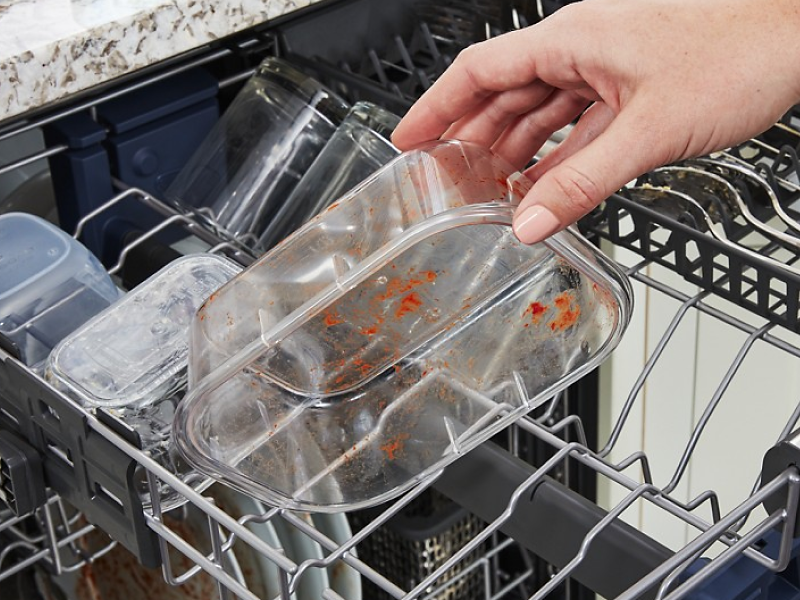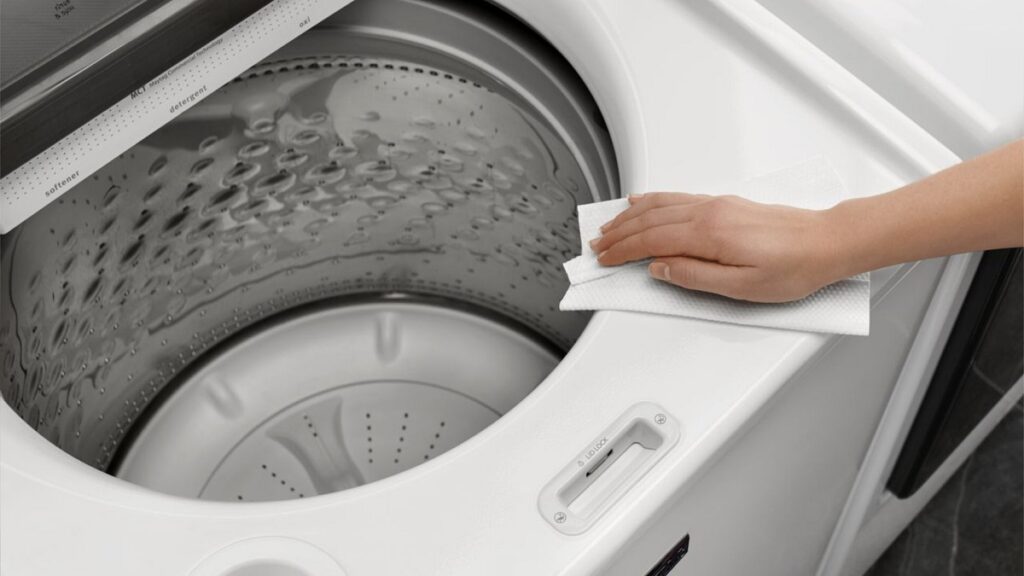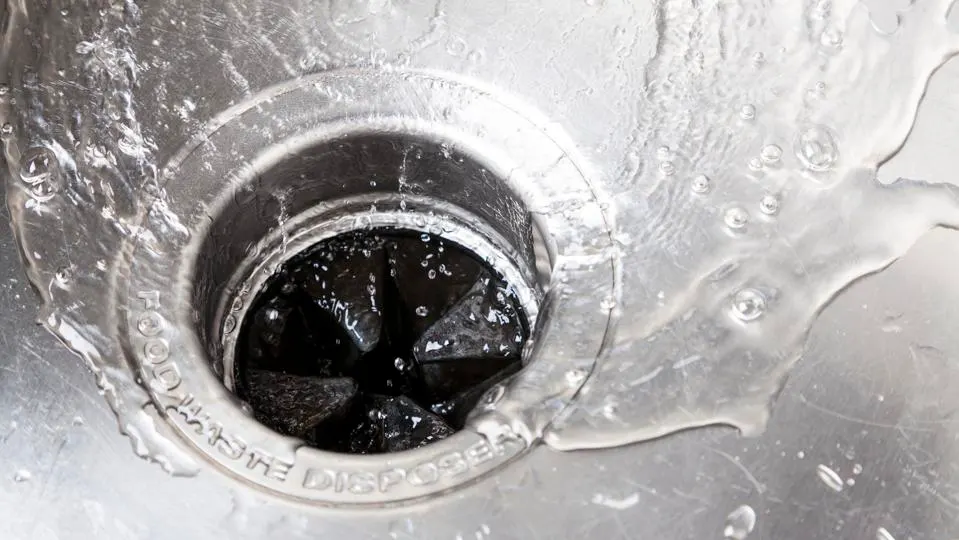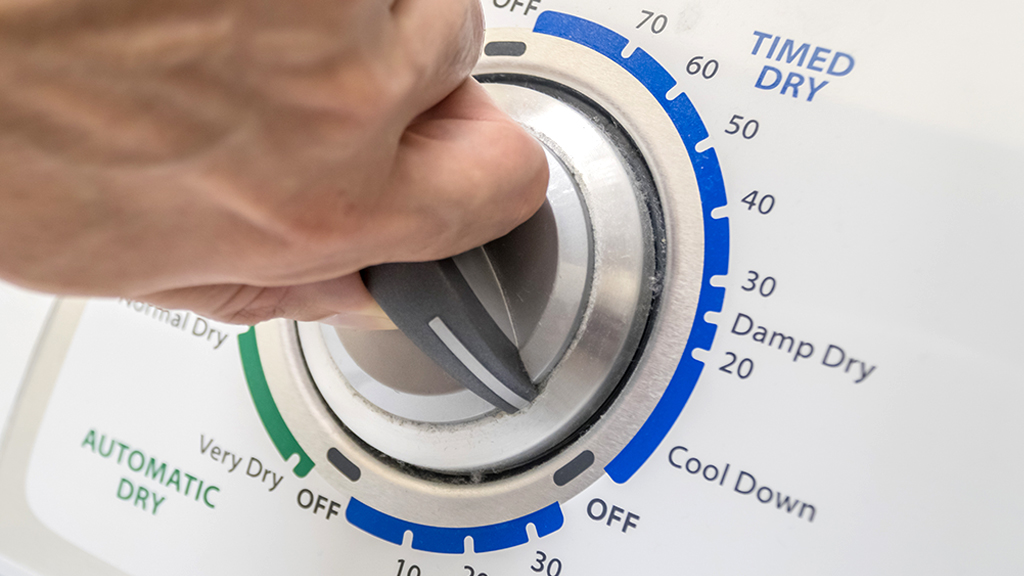It’s a scenario many homeowners dread: opening the dishwasher after a cycle, only to be met with spots, residue, or even chunks of food. When a dishwasher isn’t living up to its sole job—getting dishes clean—it’s understandable to feel frustrated. But before you decide to revert to handwashing or invest in a new machine, let’s unravel this dilemma.
Common Culprits Behind Unclean Dishes
- Hard Water Mineral Deposits:
If you live in an area with hard water, the minerals in your water could be leaving filmy deposits on your dishes. These deposits can cause glassware to appear cloudy and can lead to build-up inside your dishwasher, compromising its efficiency. - Blocked or Dirty Dishwasher Filters:
A blocked filter is a frequent offender when it comes to unclean dishes. Over time, large bits of food and debris can accumulate, obstructing the flow of water and affecting the dishwasher’s ability to clean effectively. - Overloading the Dishwasher:
It might be tempting to fit as many dishes as possible to get the most out of each cycle, but overcrowding can hinder water circulation and prevent dishes from getting thoroughly cleaned. - Detergent Issues:
Not all detergents are created equal. The wrong detergent, or even too much of the right one, can leave unsightly residues or even cause damage to delicate dishes. - Inadequate Rinsing Before Loading:
While dishwashers are designed to handle food residue, large chunks of leftover food can create problems. This debris can reattach to dishes during the cycle or block water jets.
Technical Factors Influencing Dishwasher Performance
- Malfunctioning Spray Arms:
If spray arms are clogged or not spinning correctly, they won’t be able to disperse water evenly across all dishes. - Problems with Heating Elements:
The dishwasher’s heating element plays a pivotal role in removing grease and sanitizing dishes. If it malfunctions, dishes may remain oily and unclean. - Inefficient Drainage System:
A dishwasher that doesn’t drain correctly can leave dirty water at the bottom, which can get sprayed back onto the dishes during subsequent cycles.
Tips to Ensure Clean Dishes Every Time
- Regular Maintenance:
Clean the filters and spray arms regularly. Consider using a dishwasher cleaner to remove build-up and ensure efficient operation. - Correct Loading Techniques:
Ensure that dishes are not overlapping and that the larger items are placed on the sides or back, allowing the spray arms to function optimally. - Choosing the Right Detergent:
Opt for detergents recommended by your dishwasher’s manufacturer. If you have hard water, consider adding a rinse agent. - Pre-Rinsing Practices:
While it’s not necessary to wash dishes before loading them, it’s good practice to scrape off large food particles.
The Role of Water Quality
Water quality plays a substantial role in dishwasher performance. Soft water can help detergents lather better and prevent mineral build-up, while hard water may necessitate specific detergents or rinse agents.
Impact of Regular Maintenance on Dishwasher Efficiency
Much like any appliance, regular maintenance can greatly enhance the longevity and performance of your dishwasher. Not only will this result in cleaner dishes, but it can also save money on utility bills and potential repair costs.
Environmental Considerations
Consider eco-friendly detergents and running full loads to minimize water waste. Additionally, regular maintenance can prevent potential environmental hazards like leaks.
Conclusion
Dealing with a dishwasher that doesn’t clean can be a daunting challenge, but understanding the underlying causes and implementing preventative measures can help ensure you enjoy spotless dishes every time. It’s a matter of regular maintenance, understanding the quirks of your specific machine, and being mindful of the factors at play in your home environment.
FAQs
- Why is there a white film on my glassware after washing?
This is often a result of hard water mineral deposits. Consider using a rinse agent or specialized detergent to combat this. - How often should I clean my dishwasher’s filter?
For optimal performance, clean your filter every month or after every 30 cycles. - Can I use vinegar to clean my dishwasher?
Yes, vinegar is an excellent natural cleaner that can help dissolve mineral deposits and remove odors. - Why are there food particles at the bottom of my dishwasher?
This could be due to a clogged filter or inefficient drainage system. - Is it better to hand-wash dishes or use a dishwasher from an environmental standpoint?
Modern dishwashers are often more water-efficient than hand washing, making them a more environmentally friendly choice. - Why do plastic items remain wet after a dishwasher cycle?
Plastic doesn’t retain heat like ceramic or metal, so it doesn’t dry as effectively in a dishwasher.




